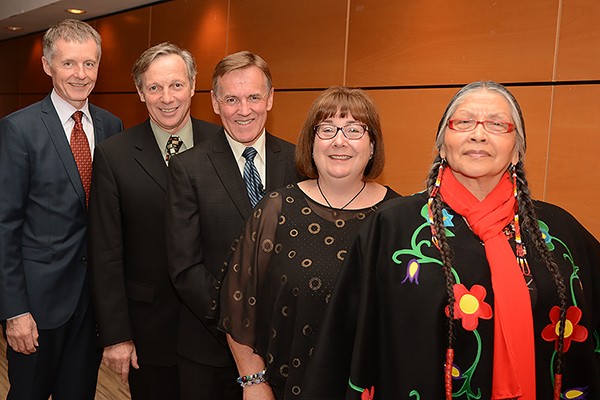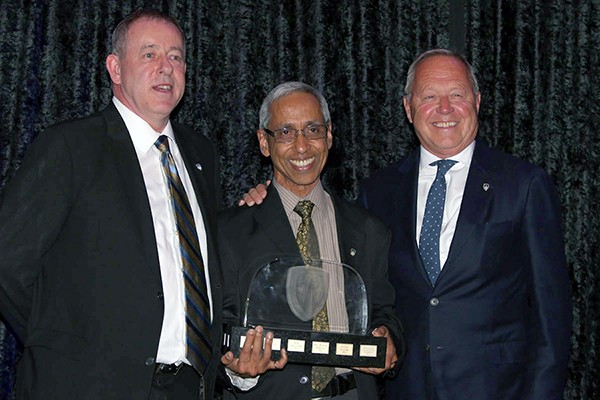 Psychology student Jenna Jones found that parents of children with autism report a high level of satisfaction with their quality of life.
Psychology student Jenna Jones found that parents of children with autism report a high level of satisfaction with their quality of life.
Families raising children with autism experience a high level of satisfaction with their quality of life, say parents in a study by UWindsor researchers.
For the small-scale pilot study, doctoral student Jenna Jones (MA 2014) interviewed 11 parents of children with autism, ranging in age from two to 10 years old. She recruited them from the Summit Centre for Preschool Children with Autism, where her supervisor Marcia Gragg, a professor in clinical child psychology, serves as clinical director.
The questionnaire covered family well-being, professional support, negative or lack of support and challenges, with the overall perception of quality of family life dependant on whether members enjoy their lives together and get a chance to do things they love.
“Despite the challenges associated with raising a child with autism, overall, parents said they were satisfied with many areas, like spending time together as a family,” says Jones. “They also talked about positive sources of support and shared stories of people who helped babysit or offered a shoulder to cry on.”
Jones said the results identified issues for further study, including the importance of family interaction, formal and informal supports, the benefits of taking a family-centred approach, and some of the challenges and growth that come from raising a child with autism.
One emotional hurdle identified by more than half of the respondents is unsupportive family and friends.
“Without prompting, many parents talked about how harmful it is to get negative feedback from friends and family members,” said Jones.
They cited such unintentional criticisms as telling parents to look on the bright side, or blaming early parenting techniques for a child’s eventual autism diagnosis.
“Even if critical comments are not intentionally negative they tend to be more influential than positive comments,” Jones said.
“Negative messages are far more salient and those few comments tend to really eat away at you and affect you more than multiple positive ones.”
Some interviewees said these misunderstandings have caused them to reduce contact with particular individuals. Jones says she intends to focus more on such issues in the next stages of her research. She is planning for online interviews and will continue to work with parent advisor Jessica Szucki, a mother of three who has two children diagnosed with autism.
“Her input is invaluable as a representative of the community,” says Jones. “This pilot study was just the start but I want to learn more, and as we go along Jessica will continue to help make sure the research is accessible and reasonable to the population we are studying.”







